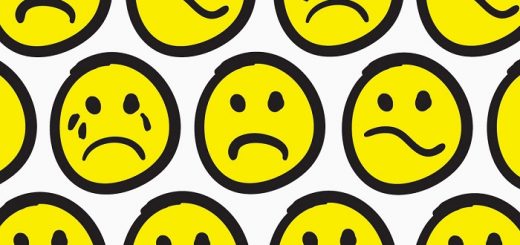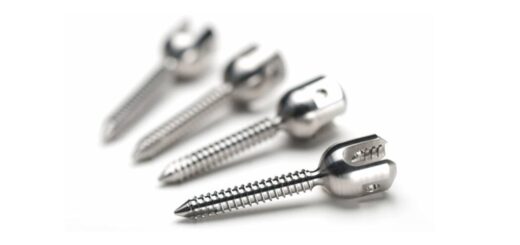The causes of stress and how to relieve stress
Stress is not a specific reaction of the body to any stimuli. This reaction to stress does not pass for the human body without a trace. If the human body is exposed to stress for a long time, then in time this leaves an imprint not only on his emotional and mental state. As a result of stress, a cardinal negative change can also be made at the physiological level. To avoid its harmful effects on health, you need to understand what the causes of stress are and how to reduce stress.
What causes stress?
The consequence of stress on the physiological level are: an increase in the weight of the adrenal glands, an increase in the blood level of cortisol and destruction of the mucous membrane of the gastrointestinal tract.
The first two changes in the body due to stress (an increase in the weight of the adrenal glands and an increase in the blood level of cortisol) lead to a significant decrease in the mass of the thymus gland, which is a very important organ of the immune system. As a result, there is a decrease in immunity with all the ensuing consequences.
The destruction of the mucous membrane of the gastrointestinal tract is also associated with the first two reasons. Cortisol has the ability to break down protein structures in the body, and adrenaline secreted by the adrenal medulla can narrow the blood vessels of the abdominal organs and prevent the restoration of destroyed cells of the mucous membranes.
It turns out a vicious circle, from which it is not easy to get out. To do this, you need to understand the causes of stress.
Causes of stress
Our life is affected by a large number of various factors, many of which are stressful in nature. They are the causes of stress.
The causes of stress can be: difficulties at work, lack of financial means, traffic, lack of understanding in the family, complex relationships with different people, feelings for loved ones, lack of time and much, much more. Probably, each person is able to supplement the above list of the cause of stress with their own stressful factors.
From this follows the conclusion that stress, as such, cannot be avoided, because the occurrence of these stress is often independent of us. We cannot influence the causes of stress, however, we can influence ourselves and our reaction to stress.
You may also like to read: Psychotherapy for anxiety
Methods of stress relieving
In general, the methods of stress relieving can be divided into: physiological and physical. The former can ease the course of stress at the physiological level, while the latter can help in managing stress at the psychological level and its prevention.
How to reduce stress: Physiological methods
1) It is very important to move more when stress is removed. The movement can be varied, one that you consider preferable and pleasant for yourself. Under any load, hormones released under the influence of stress, under the influence of blood flow, will rush to working muscles. Thus, you will avoid the harmful effects of cortisol and adrenaline on the gastrointestinal tract.
2) It is necessary to normalize breathing, which under the influence of stress becomes more superficial and frequent. This is due to the fact that under the influence of stress the muscles of the abdomen, thorax and hands are straining, and the diaphragm is excluded from work.
With stress, you need to breathe slowly and deeply. To do this, when breathing in, you need to maximally push the stomach forward, and when you exhale, draw your belly into yourself, breathe through your nose. You can control the movement with the help of hands.
3) Because When there is stress in the collar of the neck, you can suggest the following exercise to relax this area: put your hands on the back of your head and press on it to tilt your head forward, and your neck resist. After a few seconds of tension relax, shake his head in all directions, in a circle. Then repeat the same thing a few times. Massage of this area will help also to get maximum relaxation.
One of the most important ways to prevent and reduce stress is to plan future actions. It is necessary to set priorities for all forthcoming actions, meetings and events and adhere to this plan. In this case, psychologically prepare for the future, and it will not have a stressful effect on the body.
A person cannot avoid stress, however, it is possible to weaken his effect on the body. And since stress must necessarily “exit” from the body, you need to learn to relax, in order to avoid its harmful effects.














